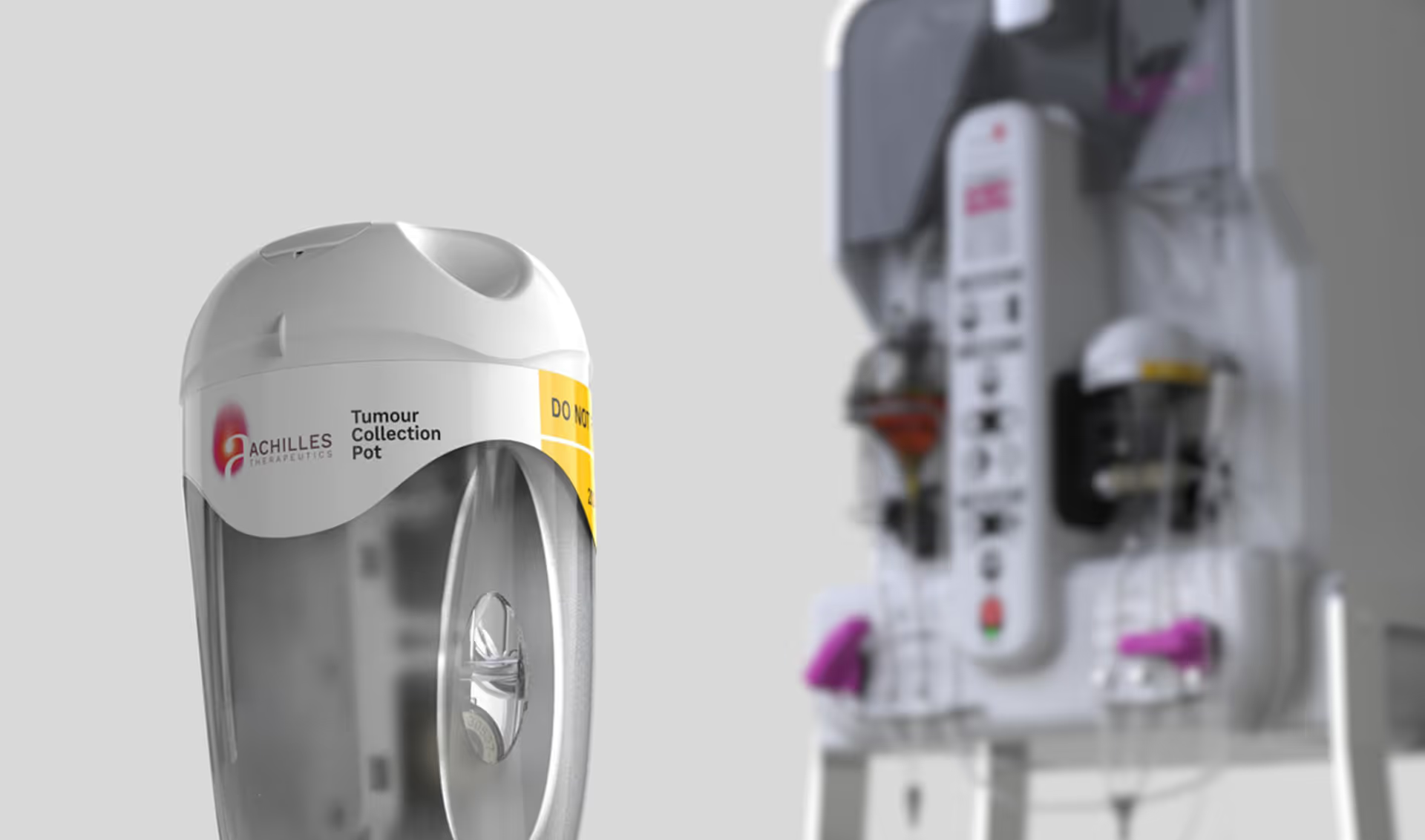Traditionally, sample preparation is a time-consuming, laboratory-based task and, in cases like nucleic acid-based testing, considered simply too complicated to package as a low-cost consumable.
TTP bucked this trend by developing the class-leading sample preparation consumable of the Bio-Seeq™ nucleic acid diagnostic instrument.
The Sample Preparation Unit (SPU) can extract and purify nucleic acid for Polymerase Chain Reaction (PCR) and subsequent detection. It is designed to allow simple, fast, comprehensive and accurate testing of samples (from solid tissue to fluids), for a variety of animal diseases.
The tests can be carried out in the field by veterinarians or other technicians without the time-consuming procedure of sending samples to a central laboratory.
To meet the challenging specification for the SPU, a multidisciplinary approach was required. While Smiths Detection provided the biochemistry, TTP was selected for its innovation and high-quality product engineering skills.
Close collaboration between these teams enabled the creation of a consumable that can extract and purify nucleic acid (DNA or RNA) from various samples such as blood, milk, vesicular tissue, faeces and swabs, which is then put through the PCR cycle prior to optical detection.

The plug-in reagent pack contains the assay-specific reagents for the target disease, whilst the barcode ensures that the assay sequence is automatically selected by the instrument, rather than the user manually having to select the correct test from a list.
Step 01
The first step is sample introduction, followed by a mechanical sample breakdown.
Step 02
The internal mechanism is a complete fluidic and magnetic bead handling system, allowing the multi-step extraction and purification of nucleic acid.
Step 03
The reagent pack is diagnostic test-specific, and complements the on-board reagents common to all tests.
Product Highlights
- Fast in-situ diagnosis eliminates the need for costly and time-consuming laboratory tests
- Captures, in a low-cost consumable, the complex protocol that is typically applied in a laboratory by a skilled technician
- Accepts a wide range of solid and liquid samples
- Uses onboard reagents and an interchangable test-specific reagent pack
- Portable and easy-to-use by non-biochemists and scientists
- Universal, allowing use of disease/test-specific reagent packs








